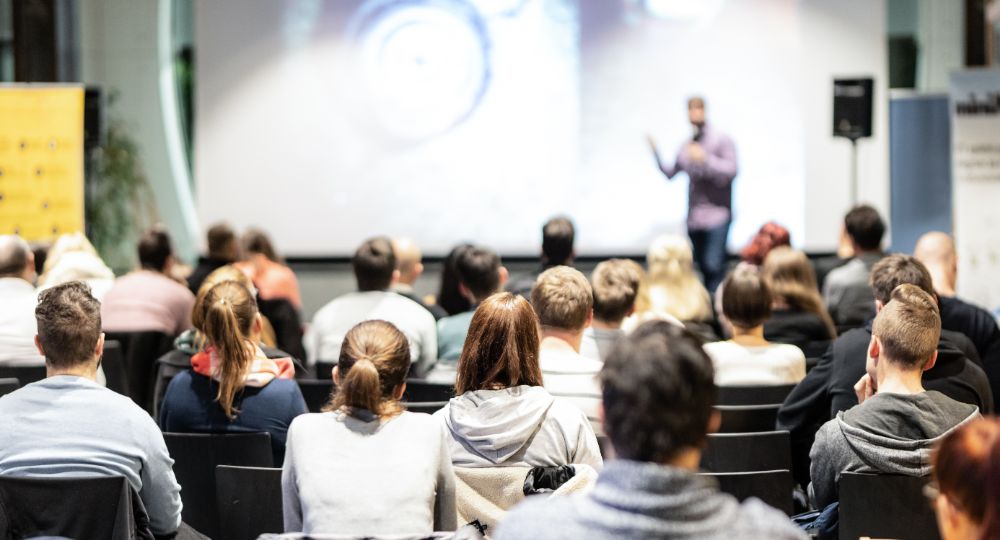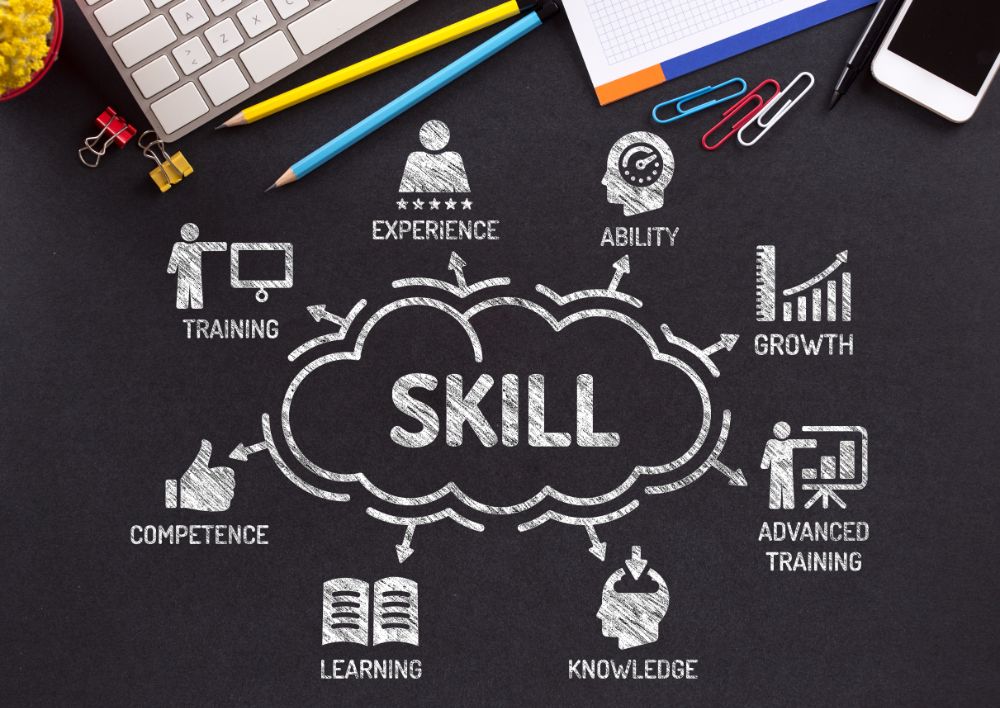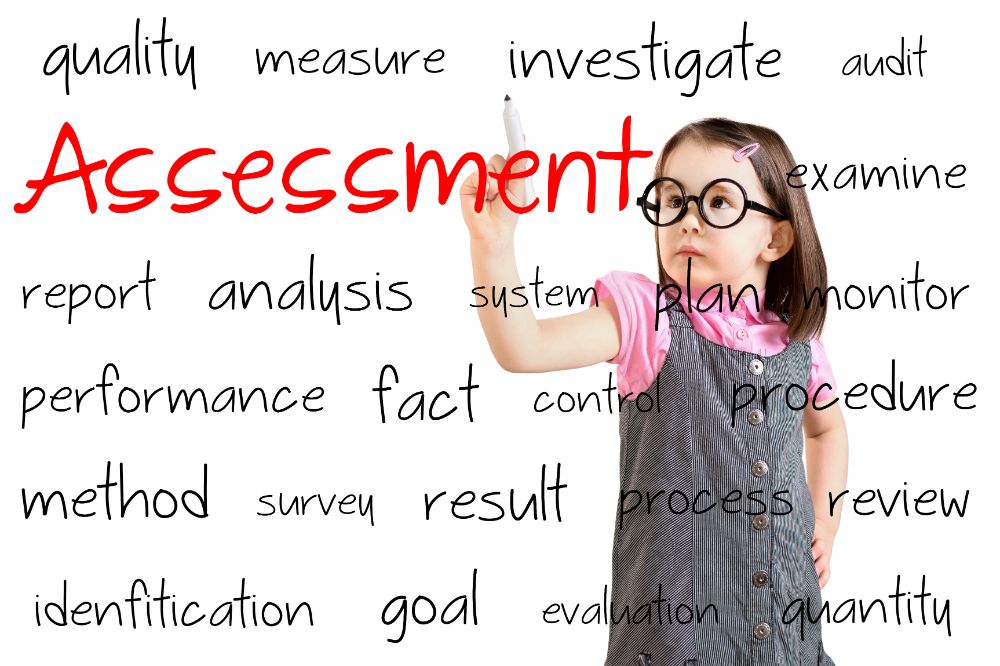The Future of Physics Teaching – 2021 Webinar Series
Recent challenges, including the pandemic and changes within HE, have had a dramatic impact on undergraduate teaching, future skills needs and the world of work.
SEPnet and WRIPA, supported by the Institute of Physics organised four x 1.5 hour themed webinars for up to 20 Heads of School/Directors of Teaching & Learning, IOP representatives, employers and external experts.
The webinars were chaired by Professor Sir William Wakeham and took place across June 2021 – September 2021.
The aim of the webinars was to identify challenges where best practice does not exist in order to take collaborative action or initiate research. The four webinars focused on: (a) Teaching and Learning; (b) Employability Skills; (c) Assessment and (d) Equality, Diversity and Inclusion.
Key recommendations from the webinars can be read on the Physics World website at https://physicsworld.com/a/building-a-physics-degree-for-the-future-five-key-questions-we-need-to-answer/

Teaching and Learning
Discussion points:
The new IOP accreditation process allows more flexibility in curriculum design. This flexibility enables
departments to respond more rapidly to the changing world. How do we get the balance right
between employability, skills and academic rigor? Alastair Buckley, University of Sheffield
External perspective – Robyn Henriegel, Accreditation & Professional Standards Manager, IOP
Blended learning is unavoidable in post-Covid HE. What pedagogical methods are effective in
engaging students with online teaching? What strategies are there for engaging students who have
videos and mics turned off? Jimena Gorfinkiel, The Open University
External perspective – Nic Labrosse, Chair of Higher Education Group, IOP
Employability Skills
Discussion points:
How can skills for future employment be effectively embedded in a physics UG curriculum? What training is needed/available for the lecturers delivering the associated teaching? James Nicholls, Department of Physics, Royal Holloway
External perspective – Dave Harvey, Technical Consultant, Research and Technology (UK), Thales
What do companies want, both from prospective employees (skills) and for existing employees (up-
skilling). Do companies want MOOCs for CPD? Justin Read, Head of Physics Department, University of Surrey
External perspective – Gwen Lefeuvre, New Technology Development Manager, Micron
Semiconductor


Assessment
Discussion points:
How have departments modified assessments following the loss of invigilated tests and
examinations, how satisfactory have those changes been and what should the future of physics assessment look like? Peter Hobson, Head of Department, Queen Mary University
External perspective – Robyn Henriegel, Accreditation & Professional Standards Manager/Nic Labrosse, Chair of Higher Education Group, IOP
What assessment regime would employers expect to see in the physics degree of the future in order
for them to have confidence in the graduates? Brad Gibson, Head of Physics & Mathematics
Department, University of Hull
External perspective – Rikki Douglas, VP Business Development, Ultra
Equality, Diversity and Inclusion
Discussion points:
How do we best manage a big range of student capabilities including supporting disabled students to attain work experience or graduate-level work? Marina Petri, Chair, Equality Committee, Department of Physics, University of York
External perspective – Mark Ealing, VP Diversity Equity Inclusion, Ultra
How can we diversify our physics intake and address the attainment gap? Christian Byrnes, EDI
Director – MPS, University of Sussex
External perspectives – Sarah Bakewell, IOP’s Head of EDI/Olivia Keenan, SEPnet OPE Director (5
mins)

